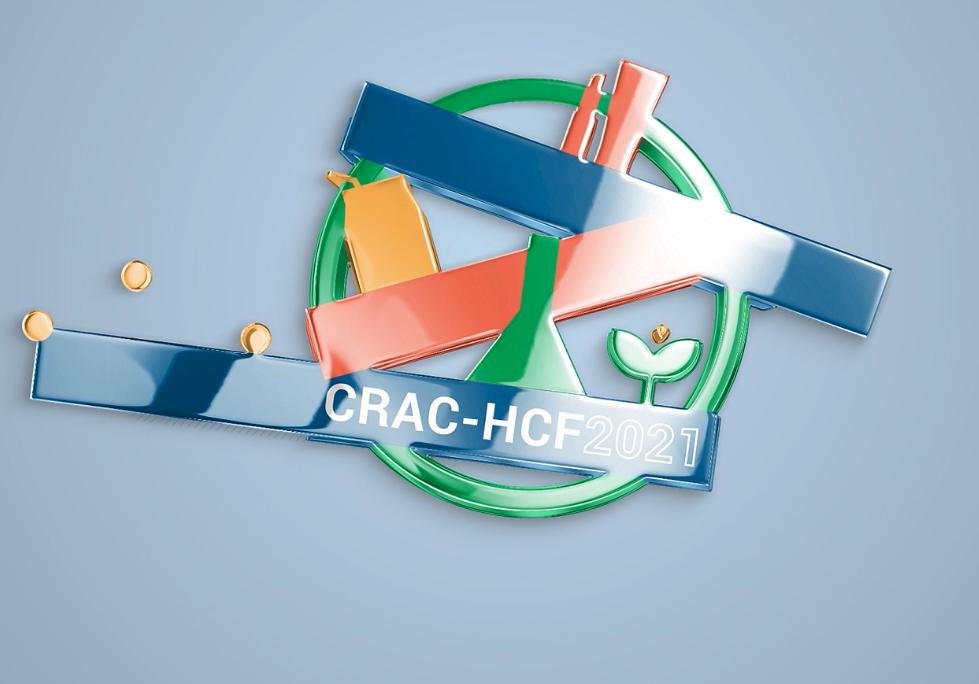On December 3, 2021, China’s Ministry of Industry and Information Technology (MIIT) published the Industrial Green Development Plan (2021-2025) (hereinafter referred to as ‘Green Plan’), with the aim of implementing the Action Plan to Hit Carbon Emission Peak by 2030 (ChemLinked news), seeking to lower carbon emission intensity and reduce pollutants emission as well as to promote emerging green industries.
According to the Green Plan, China’s MIIT reaffirms the targets of cutting carbon dioxide emissions by 18% and the energy intensity of its major industrial firms by 13.5 percent per unit of value-added industrial output by 2025. A green manufacturing system for key sectors and regions will be basically established by 2025, with the market value for green and eco-friendly industries reaching 11 trillion yuan. The Plan also proposes several tasks for China’s industrial green development. Main points are summarized as follows:
1. Formulate implementation plans for key industries, e.g., the petrochemical industry and non-ferrous industry, to meet a carbon emission peak committed by 2030. Mr. Libin Huang, director-general from the Department of Energy Conservation and Resources Comprehensive Utilization at the MIIT, addressed that the corresponding plans have been jointly laid out by MIIT and other relevant departments for many energy-intensive industries including the chemical industry, building materials industry, steel industry, non-ferrous industry, etc., and these plans would be released in the coming future. However, the specific roadmap and timeline are not stipulated in the Green Plan.
2. Increase the proportion of clean energy in the overall industrial energy consumption structure, including replacing fossil fuels with hydrogen, biofuel, refuse-derived fuels in chemical industry.
3. Promote the rational exploitation of mineral resources such as iron ore and nonferrous and develop the use of recycled sources.
4. Promote the comprehensive utilization of industrial bulk solid waste and the co-processing of solid waste in steel kilns, cement kilns, and chemical plants.
The whole official documents can be accessed here.














